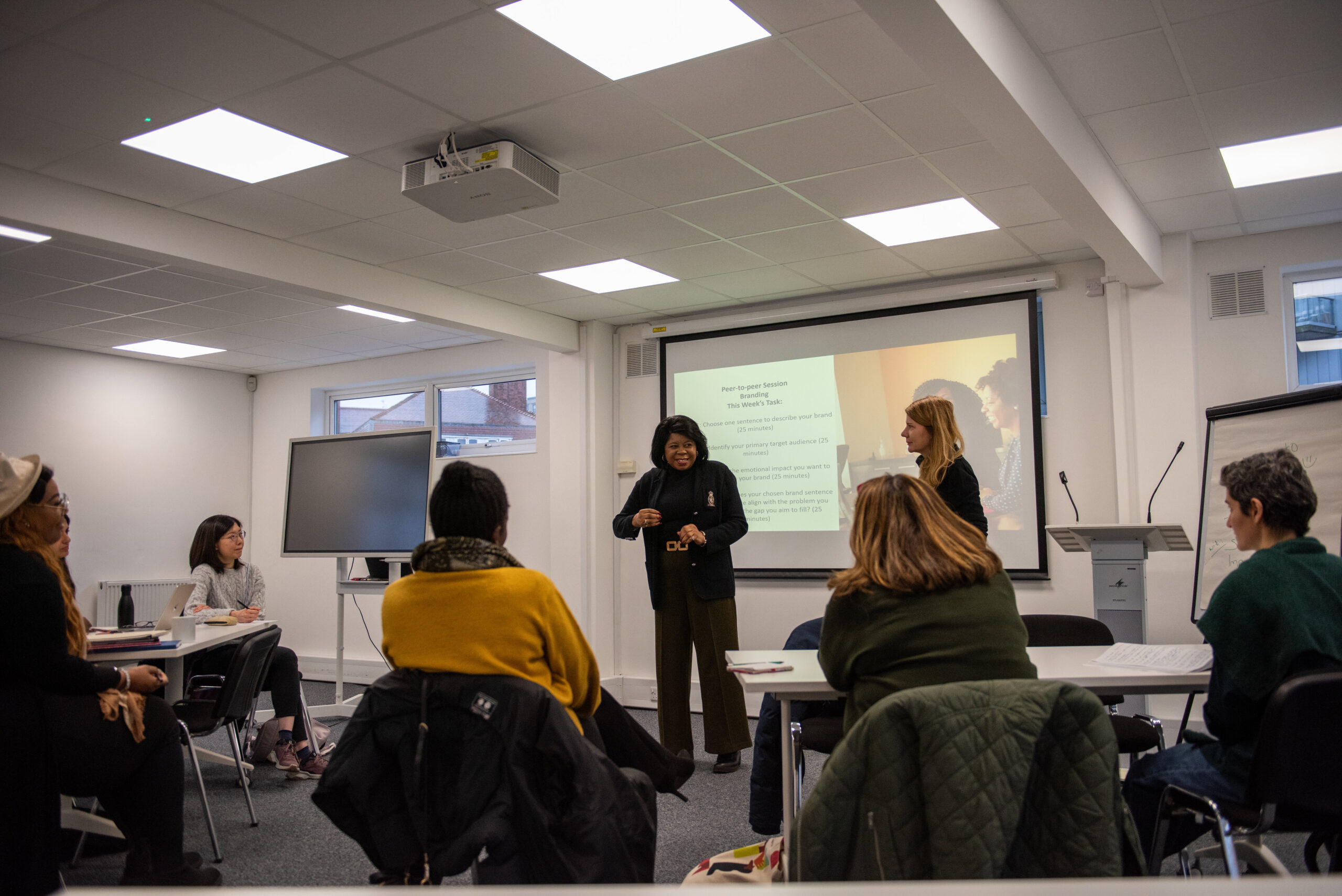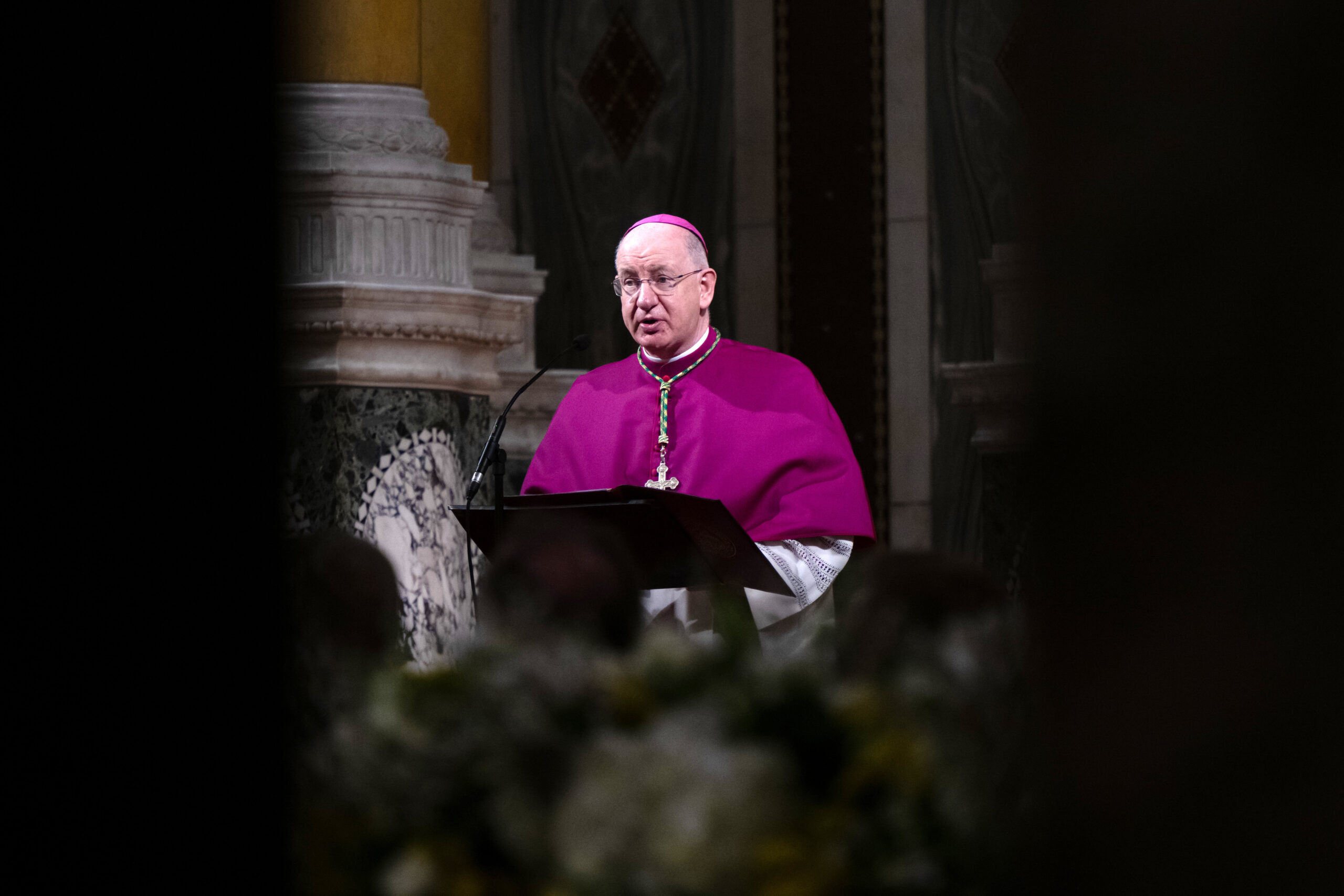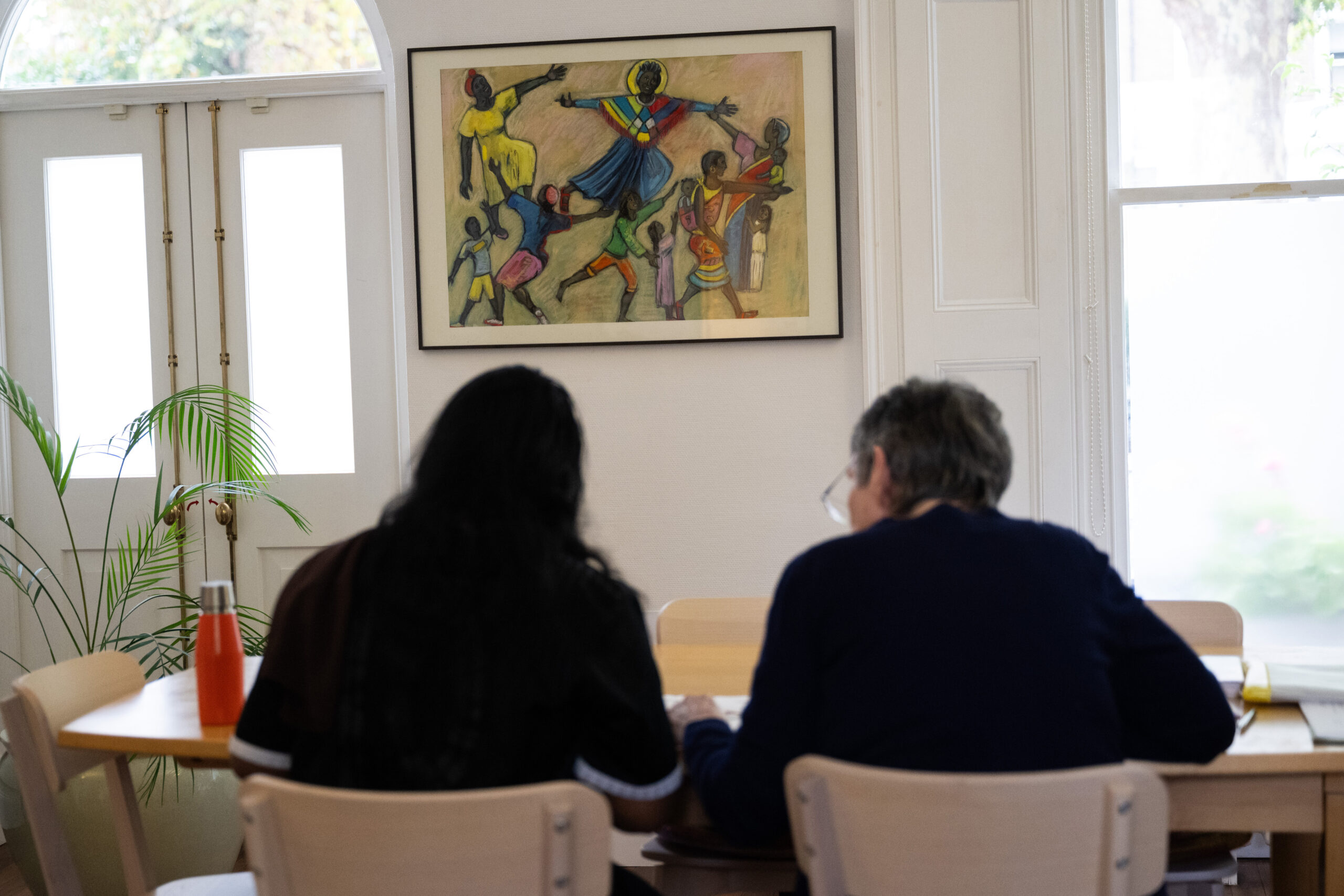
I like to use the quieter time after Christmas Day to set my goals for the year ahead. This year, like many I was self-isolating because of Covid. This reminded me of Pope Francis’s comments in Let Us Dream, ‘A ‘stoppage’ can always be good for sifting, for reviewing the past, for remembering with gratitude who we are, what we have been given, and where we have gone astray.’

Pope Francis also calls us to dream about the future. There are many reasons to dream big as a Church in these times. In particular, how do we respond to growing poverty, inequality and the resulting emotional stress, and take action on the climate, against the hostile backdrop of political policy changes such those restricting our right to protest and those set against welcoming refugees?
The Pope says, ‘If, faced with the challenge, not just of the pandemic, but of all the ills that afflict us at this time, we can act as a single people, life and society will change for the better.’
2022 marks the 10th Anniversary for Caritas Westminster, so we have indulged ourselves to dream, with hope, about where we might be ten years into the future, and would to invite others to share in the dream.
Our Dream

is ending the reliance on hand-outs. credit: Marcin Mazur
Our dream is of churches and schools that are buzzing, transformative, resilient and sustainable community hubs. Each hub is a complex web of interconnectivity, that reaches people well beyond the initial starting point of Church or School, connecting the entire community of all faiths and none, with a specific focus on grassroots participation.
Our dream is a future where those who are the most vulnerable or forgotten in society have the collective power to make changes to their personal circumstances and situations (socio-economic, political and ecological), as well as having the influence to make wider changes. Individuals will not simply be linked in with local councils, health bodies, MPs and other decision makers – they will be setting the agenda.

can learn new skills.
Our dream is that people are listened to, they feel engaged and empowered, building on the synodal process that Pope Francis has initiated. We believe in a Strength-based approach, which supports participants in identifying their strengths and those of the local network and build on these in a holistic way. This is made possible by long-term patient nurturing and developing, alongside supportive training and resources. Individuals and communities will therefore become resilient to future shocks.
Our dream is one where the solution to every problem can be found using the expertise within the room.

people, through the Irish Chaplaincy
Our dream is where each hub has hospitality and neighbourliness at the centre – it is alive with food, art and entertainment. It is a place where the community will come to the aid of any individual in need. It is intergenerational, multi-cultural, across traditional socio-economic divides, all faiths and none.
Our dream is of a culture of grateful reciprocity and co-operation of equal participants, rather than dependency or a hierarchy of benefactors and beneficiaries.
Our dream is of intergenerational activities, where young people are invited to imagine a better future without anxiety.
Our dream is that hubs will work together to share their successes and challenges, for collective learning and development, to inspire and encourage well beyond their geographical boundaries, and to combine evidence to inform national and international policy.
Hubs will network together with influence and power to make policy changes in areas such as food poverty, housing and homelessness, unemployment and low incomes, financial insecurity, social isolation, the treatment of refugees and the environment. Our dream of dreams is for systemic change.
Do you share in this dream? In our 10th anniversary year, Caritas Westminster is keen to look ahead for the next ten years. We want to work alongside parishes, schools and projects in the Diocese to help them to reflect on their gospel based values, to dream for themselves how they can build on the amazing outreach already taking place, and to help create fairer, more inclusive, welcoming and sustainable communities. Find out more by contacting your development worker.




